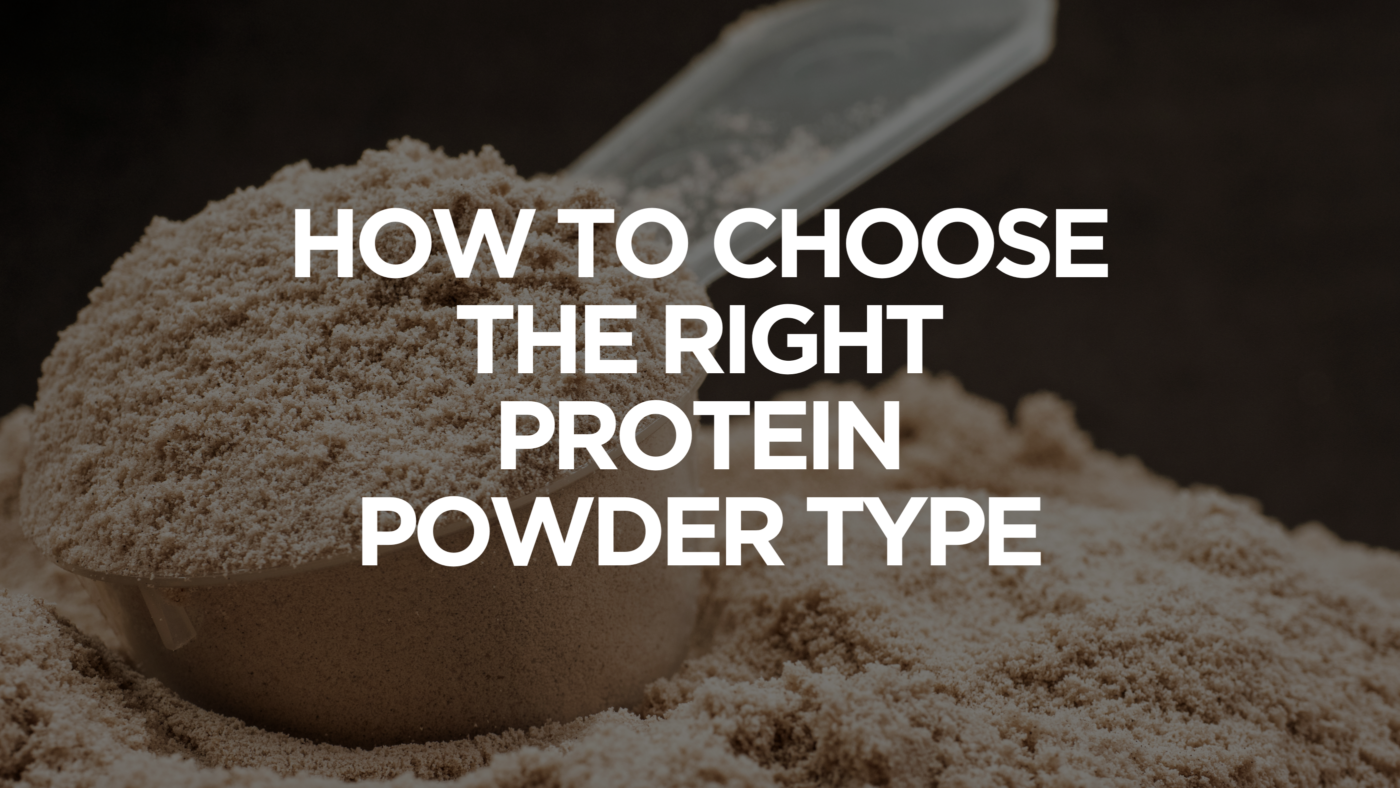Guides
How to Choose The Right Protein Powder Type
Protein powders are a staple in the dietary supplements market, and their popularity is not waning anytime soon. With various types gracing the shelves of health food stores, gyms, and online retailers, understanding the nuances among them can help you select the perfect match for your fitness and health goals. Here’s a primer on the most common types of protein powders and what sets each apart.
Whey Protein
What it is: Whey protein is derived from milk during the cheese-making process. It’s a complete protein, meaning it contains all nine essential amino acids necessary for human diet, which the body cannot synthesize on its own.
Best for: Muscle building and recovery post-exercise. Due to its high content of branched-chain amino acids (BCAAs), especially leucine, it’s particularly effective for stimulating muscle protein synthesis.
Types of Whey:
- Whey Concentrate: Lower in protein content (around 70-80%) and higher in fats and carbs. It’s also better tasting and more affordable.
- Whey Isolate: Higher protein content (90% or more), fewer carbs, lactose, and fat, and usually more expensive.
- Whey Hydrolysate: Pre-digested, faster absorption. Often used in medical protein supplements and infant formulas.
Casein Protein
What it is: Like whey, casein protein is also derived from milk. However, it digests much more slowly, providing a gradual, steady release of amino acids into the bloodstream.
Best for: Anti-catabolic purposes, such as preventing muscle breakdown, especially overnight or during long periods without food.
Soy Protein
What it is: A plant-based protein that contains all the essential amino acids. It’s derived from soybeans and is a good alternative for those who avoid animal products or have lactose intolerance.
Best for: Those looking for a plant-based protein option that’s also been shown to support heart health and can aid in lowering cholesterol levels.
Pea Protein
What it is: Another plant-based option, pea protein is extracted from yellow split peas. It’s hypoallergenic and easy to digest, making it a suitable option for those with allergies to dairy or soy.
Best for: Vegetarians, vegans, and people with allergies or sensitivities to dairy or soy proteins.
Rice Protein
What it is: Protein powder made from brown rice. It’s typically considered incomplete because it’s low in lysine, but it can be combined with other plant-based proteins to achieve a complete amino acid profile.
Best for: Those looking for a gluten-free, plant-based protein, especially when combined with other protein sources like pea protein.
Hemp Protein
What it is: Derived from seeds of the hemp plant, which have a rich nutritional profile. Hemp protein is not only a good source of protein but also contains omega-3 and omega-6 fatty acids, fiber, and a range of other nutrients.
Best for: Those seeking a plant-based protein that also provides a boost of omega fatty acids and fiber.
Collagen Protein
What it is: Collagen protein is made by breaking down collagen, a structural protein found in connective tissues throughout the body, into smaller peptides.
Best for: Improving skin health, joint health, and providing the specific amino acids necessary for collagen synthesis in the body.
Egg White Protein
What it is: As the name suggests, this protein is derived from the whites of eggs and is a complete protein.
Best for: Those who are lactose intolerant or allergic to dairy but want a high-quality animal-based protein.
Choosing the Right Protein Powder
When selecting a protein powder, consider the following:
- Dietary Restrictions: Choose a protein source that aligns with any dietary restrictions you may have, such as lactose intolerance, allergies, or veganism.
- Goal Alignment: Match your protein powder to your fitness or health goals. For muscle building, whey is often preferred, whereas for overnight muscle repair, casein might be the better choice.
- Digestibility: If you have a sensitive stomach, hydrolyzed proteins or plant-based options like pea protein might be easier to digest.
- Nutritional Profile: Look beyond just protein content. Consider the presence of additional nutrients, like fiber in hemp protein or omega fatty acids.
Final Thoughts
Protein powders are a convenient way to ensure you meet your daily protein requirements, especially when whole food sources are not readily available, or your needs are higher due to intense training. Always aim to get most of your nutrients, including protein, from whole foods, using protein powders as a supplementary boost when needed.

